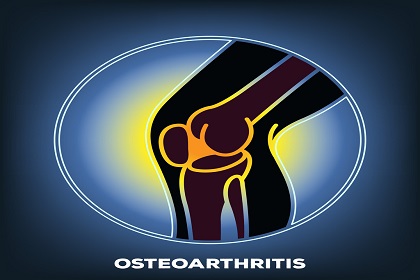Search
Why get vaccinated?
Rotavirus is a virus that causes diarrhea, mostly in babies and young children. The diarrhea can be severe, and lead to dehydration. Vomiting and fever are also common in babies with rotavirus.
Before rotavirus vaccine, rotavirus disease was a common and serious health problem for children. Since the introduction of the rotavirus vaccine, hospitalizations and emergency visits for rotavirus have dropped dramatically.
Rotavirus vaccine
Recommended age of vaccination: 2 months old to 3 years old, once a year. Rotavirus vaccine may safely be given at the same time as other vaccines. Almost all babies who get rotavirus vaccine will be protected from severe rotavirus diarrhea. And most of these babies will not get rotavirus diarrhea at all. The vaccine will not prevent diarrhea or vomiting caused by other germs.
Some babies should not get this vaccine
A baby who has had a life-threatening allergic reaction to a dose of rotavirus vaccine should not get another dose. A baby who has a severe allergy to any part of rotavirus vaccine should not get the vaccine. Tell your doctor if your baby has any severe allergies that you know of, including a severe allergy to latex.
• Babies with“severe combined immunodeficiency” (SCID) should not get rotavirus vaccine
• Babies who have had a type of bowel blockage called “intussusception” should not get rotavirus vaccine
• Babies who are mildly ill can get the vaccine. Babies who are moderately or severely ill should wait until they recover.This includes babies with moderate or severe diarrhea or vomiting
Check with your doctor if your baby's immune system is weakened because of
• HIV/AIDS, or any other disease that affects the immune system
• Treatment with drugs such as steroids
• Cancer, or cancer treatment with x-rays or drugs
Risks of a vaccine reaction
With a vaccine, like any medicine, there is a chance of side effects. These are usually mild and go away on their own. Serious side effects are also possible but are rare. Most babies who get rotavirus vaccine do not have any problems with it. But some problems have been associated with rotavirus vaccine.
After vaccination, please stay in clinic observation area for 30 minutes.
Mild problems following rotavirus vaccine
Babies might become irritable, or have mild, temporary diarrhea or vomiting after getting a dose of rotavirus vaccine.
Serious problems following rotavirus vaccine
Intussusception is a type of bowel blockage that is treated in a hospital, and could require surgery. It happens“naturally”in some babies every year and usually there is no known reason for it. There is also a very small risk of intussusception from rotavirus vaccination, usually within a week after 1st or 2 nd vaccine dose.
Problem that could happen after any vaccine
Any medication can cause a severe allergic reaction. Such reactions from a vaccine are very rare, estimated at fever than 1 in a million doses, and usually happen within a few minutes to a few hours after the vaccination. As with any medicine, there is a very remote chance of a vaccine causing a serious injury or death.
What if there is a serious problem?
What should I look for?
Look for anything that concerns you, such as signs of a severe allergic reaction, very high fever, or behavior changes. Signs of a severe allergic reaction can include hives, swelling of the face and throat, difficulty breathing, a fast heartbeat, dizziness, and weakness. These would start a few minutes to a few hours after the vaccination.
What should I do?
If you think it is a severe allergic reaction or other emergency that can't wait, call 120 or get the person to the nearest hospital. Otherwise, call your doctor.
Where can I get more information?
• Jiahui Health
Contact number: 400-868-3000
• Shanghai Municipal Center for Disease Control & Prevention
Contact number: 021-62758710
Website: http://www.scdc.sh.cn
Reference
The US Centers for Disease Control and Prevention. Vaccine Information Statement: Rotavirus Vaccine,02/23/2018
Click the link for more information on Family Medicine Clinical Service
Click the link for more information on Pediatrics Clinical Service











